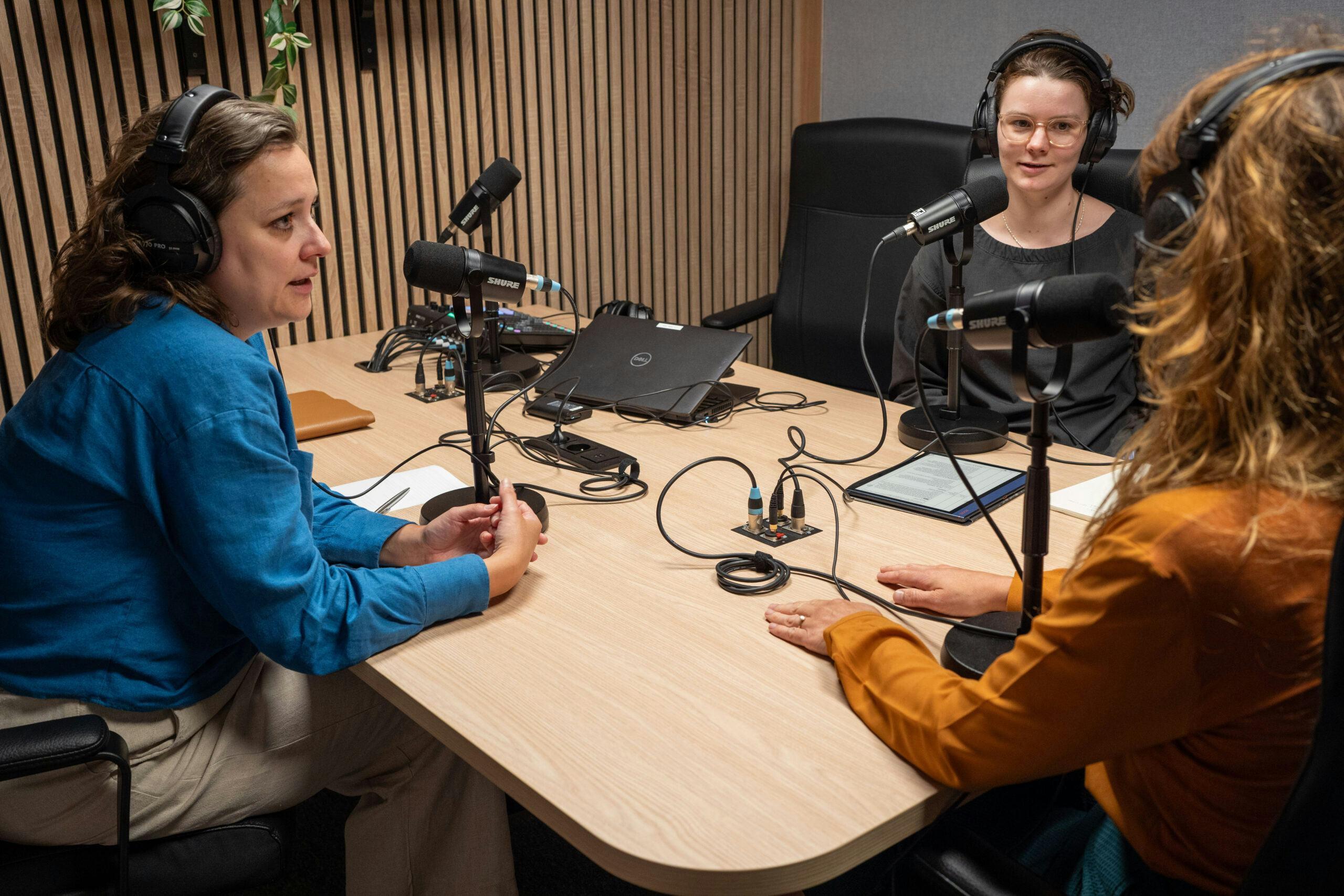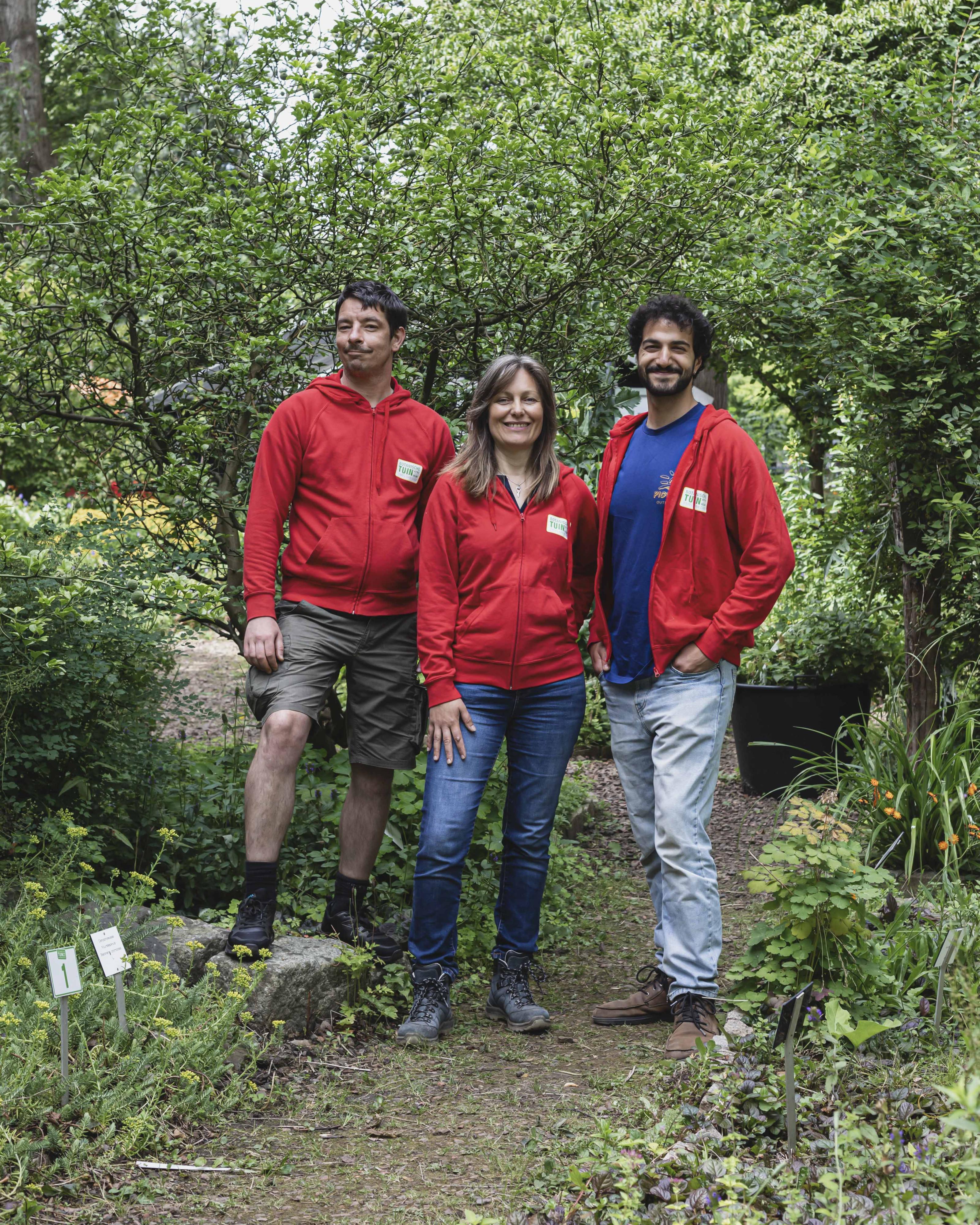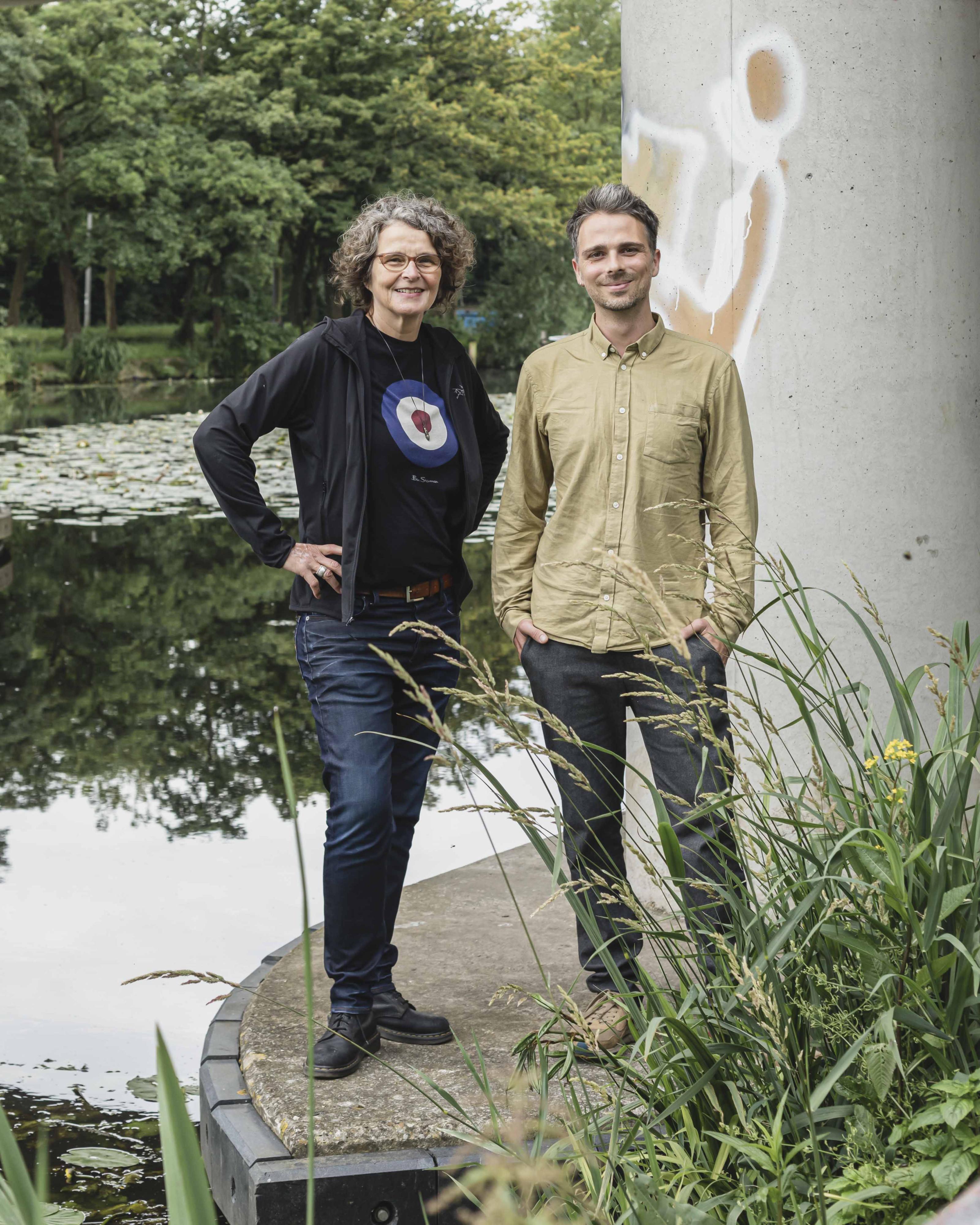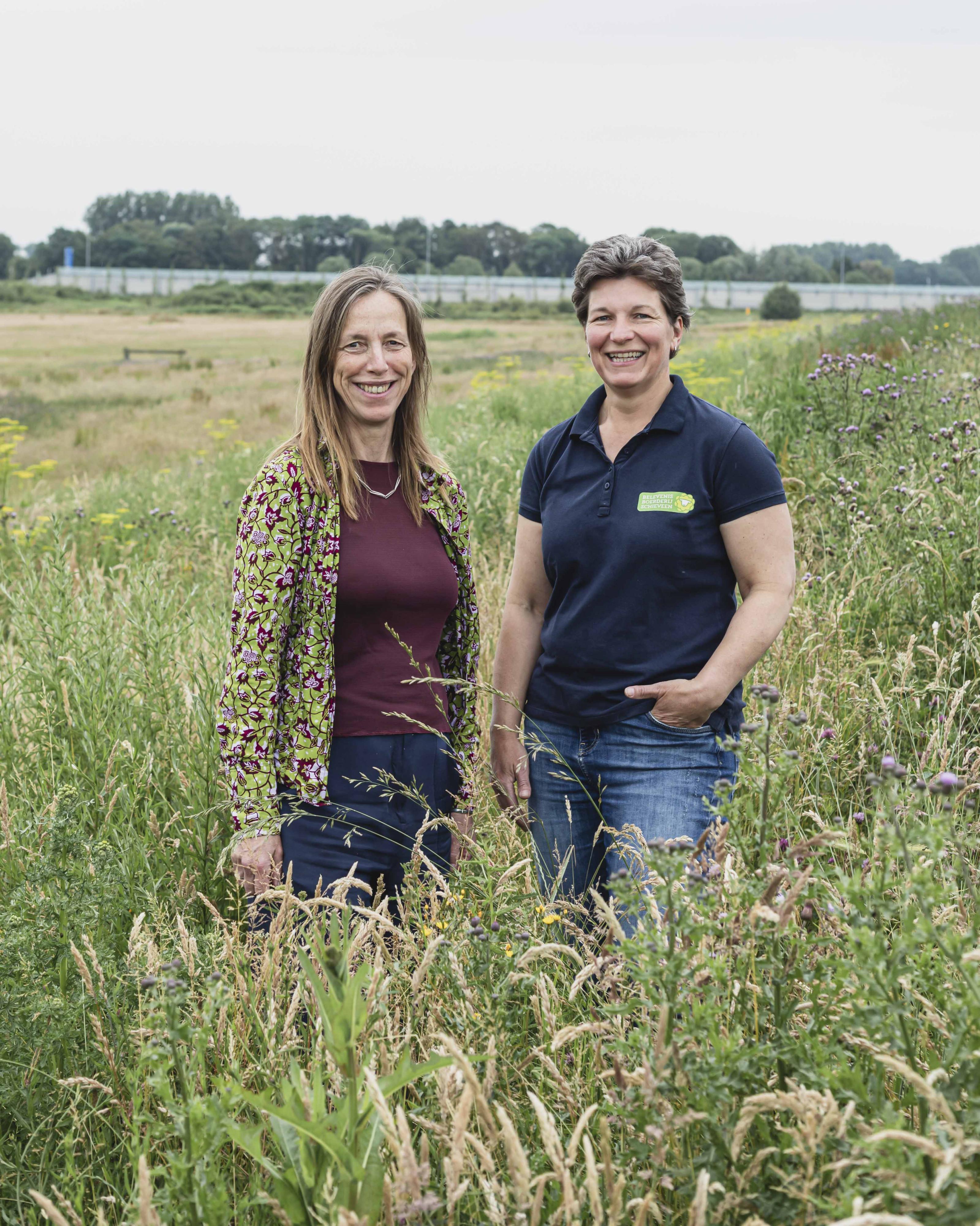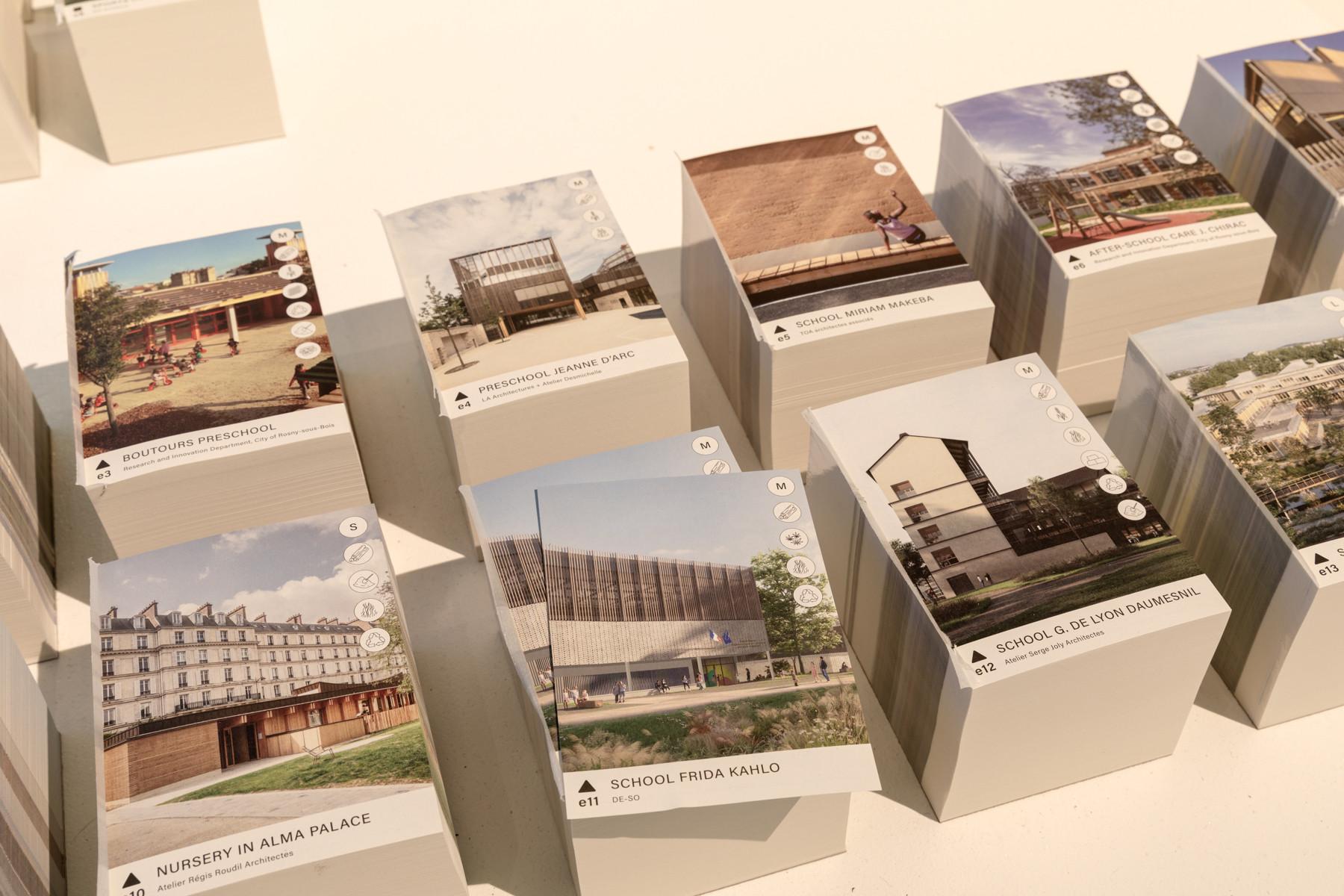Hopecast is a series of five hopeful summer podcasts on how architecture can contribute to social change. In each episode, de Architect editor-in-chief Merel Pit and Nature of Hope curator Catherine Koekoek will speak with a guest from the design world about how their work fosters hopeful change and about the challenges and opportunities they encounter along the way. The Hopecast podcast series is a production of de Architect in collaboration with the Architecture Biennale Rotterdam.
All of the guests blend a social and societal perspective with a practical emphasis on sustainability and materiality in their work. The talks are inspired by the meetings that take place at the Practice Place during the IABR 2024 exhibition with the goal of building alliances for the transformation of the practice of architecture.
#1: – Everything Comes From Somewhere, with Floor Frings https://open.spotify.com/episode/79TjznfRWIISaPsFhCeQJu
‘Everything comes from somewhere’ is a quote by American researcher Kiel Moe, whose diagram of the material use of New York’s Seagram Building opens the exhibition. This phrase also serves as the motto for the architecture firm Werkstatt, winner of the Young Maaskant Prize 2021. Driven by a passion for making, experimenting, and collaborating, Werkstatt integrates social and material sustainability into their designs. For Floor, an ecological approach is multifaceted, increasingly rooted in a long-term connection with the environment and the knowledge it holds.
Read more on the Architect (Dutch)
#2 – Are We Nature? with Lian Blok https://open.spotify.com/episode/5eGt6oxY36UtyA8F5ZuMP8
Lian Blok advocates the integration of nature into the portfolio of the Central Government Real Estate Agency. As an architect with the Board of Government Advisors, she and her team have developed a scheme that dedicates 20 percent of a project’s land area to nature. This is quite a challenge, given the slow pace of government processes. However, as she explains in the second episode of the five-part Hopecast podcast series, a production of de Architect in association with the IABR, many in the organization share her ambition.
Read more on the Architect (Dutch)
#3 – The Design Process as a Catalyst, with Pinar Balat https://open.spotify.com/episode/059ntCF6Lzc3uwpHPJDVNE
Pinar Balat combines a commitment to equity with ambitious ecological goals. As an architect and urban designer, she envisions creating a forest in the concrete-heavy, postwar neighborhood of Pendrecht in Rotterdam. Who is the client? She is. Her goal is to enhance the neighborhood’s ecological and social resilience. In the third episode of the Hopecast podcast series by de Architect and the IABR, she discusses the advantages of being her own client, particularly in terms of involving residents in the design process. By not working for a housing association, client, or municipality, she emphasizes that she can truly focus on serving the needs of the people.
Read more on the Architect (Dutch)
#4 – How to Not Build a Building, with Tim Vekemans https://open.spotify.com/episode/2rMuZDwb9A1HDMAhtVb2Ue
One of the smallest contributions to the Nature of Hope exhibition is The First Stone for Not Building by Flemish design and research practice RE-ST. In the Hopecast podcast series, Merel and Catherine speak with Tim Vekemans, architect and co-founder of RE-ST. After winning a tender to extend a school without actually expanding the building, Vekemans specialized in non-building. He established RE-ST to radically transform the construction industry by making better use of existing resources. According to Vekemans, the Netherlands does not need to build more to address the housing demand. There’s no shortage, there’s a surplus.
Read more on the Architect (Dutch)
#5 – Structures and Strategies, with Evelien Pieters https://open.spotify.com/episode/3j6kvxWazsox04yp13LeVO
Evelien Pieters is the founder of PAF, a platform dedicated to architecture and feminism. In the Flemish context, PAF fosters discussions about experiences, explores underlying structures, and gathers insights to promote a more equitable architectural practice. For architecture to be truly regenerative and ecological, a cultural shift is essential: the way we work impacts who is heard and who is not.
